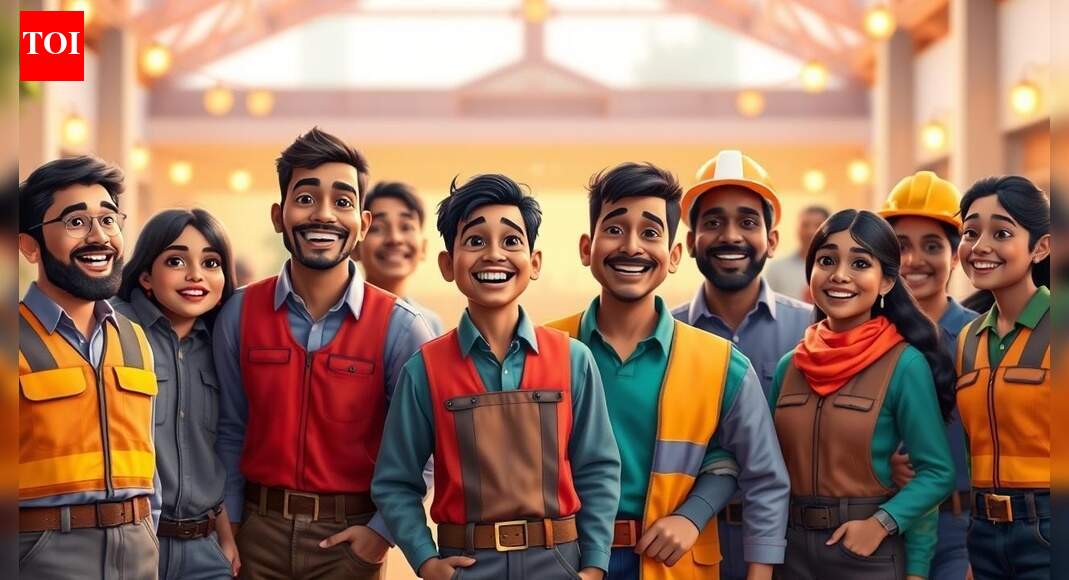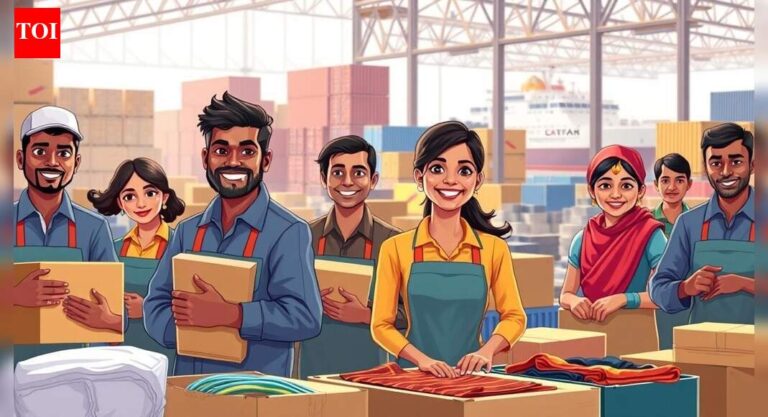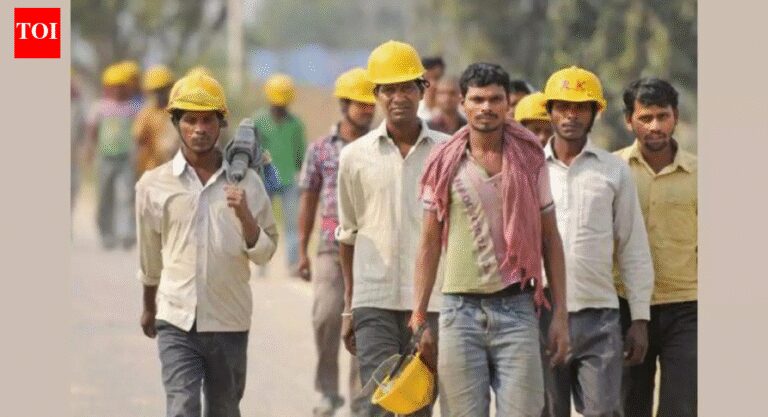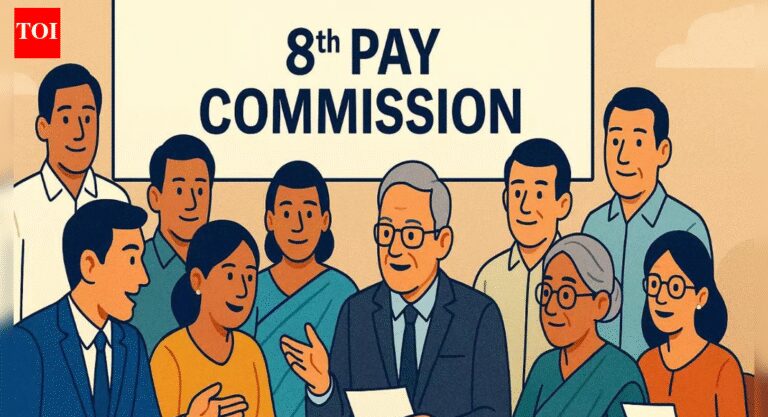
The central government has notified a wide set of labour reforms under India’s four Labour Codes, bringing changes for fixed-term employees, women, gig workers, MSME staff and contract workers. The notification was issued on Friday. The four codes—Code on Wages (2019), Industrial Relations Code (2020), Code on Social Security (2020) and the Occupational Safety, Health and Working Conditions Code (2020)—replace 29 existing labour laws. Here are some of the main benefits covered in the reforms:
Fixed-term and contract workers
As per ET, Fixed-Term Employees (FTEs) will now receive benefits equal to permanent workers, including leave, medical cover and social security. Their gratuity eligibility has been brought down from five years to one. Contract workers will also receive health and social security benefits from their principal employer, along with free annual health check-ups.
Gig and platform workforce
Gig and platform workers, aggregators and platforms have been formally defined for the first time. Aggregators must contribute 1–2 per cent of their annual turnover towards social security funds, capped at 5 per cent of payments made to gig and platform workers. Aadhaar-linked Universal Account Numbers will make benefits portable across states.
Women workers
Gender discrimination has been legally prohibited for the first time, with the government ensuring equal pay for equal work. Women will be allowed to work night shifts and in all categories of work, including underground mining and heavy machinery, subject to consent and safety norms. Their representation in grievance committees has also been made mandatory. The family definition for female workers will now include parents-in-law.
Youth and MSME workers
According to ET, all workers must receive minimum wages and appointment letters. Wage payment during leave has been made compulsory. MSME workers are covered under the Social Security Code based on employee count, and must receive minimum wages, workplace facilities, double overtime wages and timely payments.Digital and media sector workersAudio-visual and digital media workers—including journalists, dubbing artists and stunt performers—will now receive full benefits and appointment letters will be mandatory.
Additional reforms
The reforms also introduce a national floor wage, gender-neutral job rules including protections for transgender persons, an inspector-cum-facilitator system, faster dispute resolution through two-member tribunals, and single registration and licensing systems to simplify compliance. A National OSH Board will set safety standards, and establishments with more than 500 workers must have safety committees.As quoted by ET, Puneet Gupta of EY India described the labour codes as a major structural shift, stating they unify fragmented regulations and extend protections to gig and platform workers.








